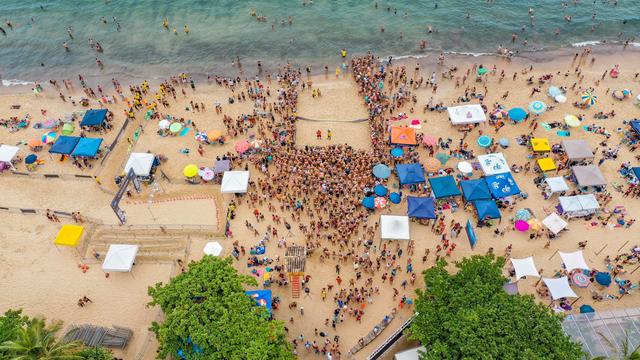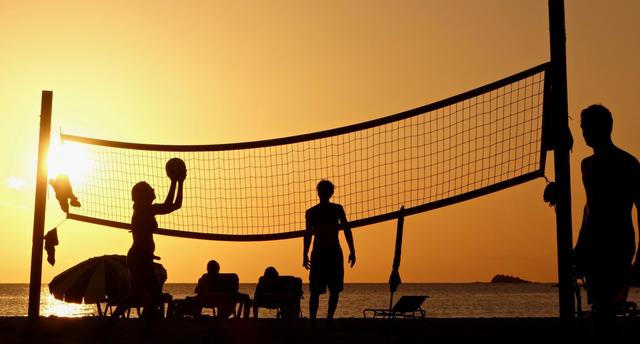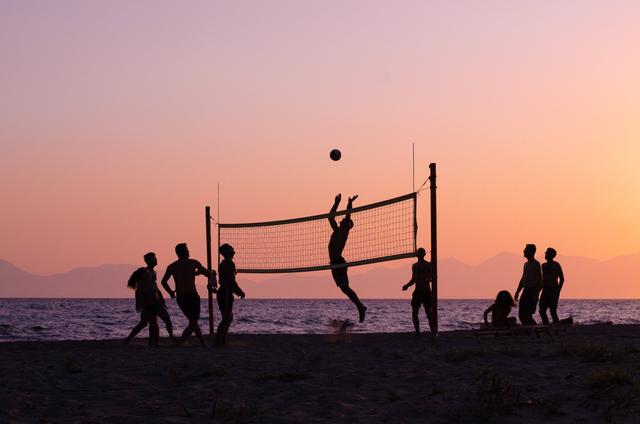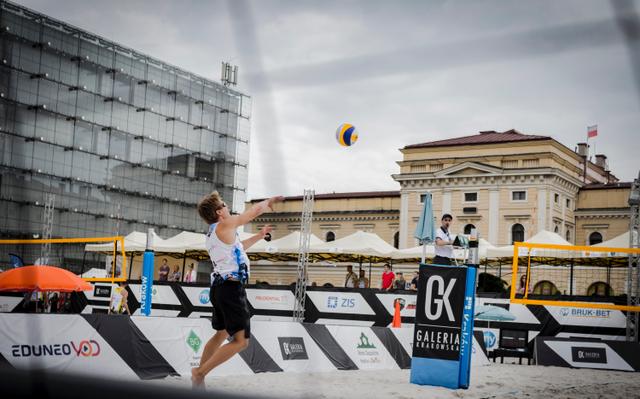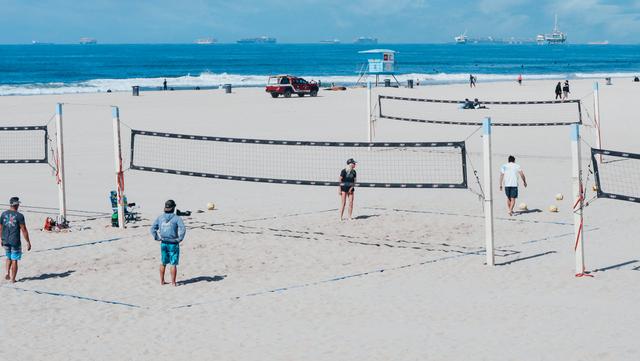Beach Volleyball For Kids In The UK
Beach volleyball has increasingly become a cherished sport among children in the UK, providing a lively and stimulating way to engage in physical activity while enjoying the outdoors. This sport, embraced for both its recreational and competitive nature, offers young participants a unique combination of excitement and skill-building opportunities in a sandy setting.
The roots of beach volleyball in the UK trace back to the late 1980s, a time when the sport began to carve out its niche in the nation's athletic landscape. By 1993, the introduction of the European Beach Volleyball Tour further propelled its popularity, paving the way for the establishment of the British Beach Volleyball Association (BVA) in 1994. It didn’t take long for the first national championships to take the stage in 1995, marking a significant milestone in the sport’s UK history.
Since these early days, beach volleyball has seen a surge in growth across the country. A myriad of clubs and academies dedicated to beach volleyball have sprung up, providing structured training environments for kids and teens to hone their skills. These organisations cater to various age groups, offering programmes specifically designed for young players beginning from ages 5 or 6 and upwards.
Such community and sporting infrastructure development have enabled wide participation, highlighting the sport’s inclusive nature. From casual beach meet-ups to structured club practices and competitive tournaments, the options are diverse, accommodating different skill levels and interests.
In essence, beach volleyball offers an engaging platform for kids in the UK to partake in a sport that not only enhances physical agility but also nurtures social interactions in an enjoyable beach environment.
The Benefits of Beach Volleyball
Beach volleyball offers significant health benefits for children, making it an excellent sport to engage in from a young age. Playing on the sandy beaches provides a rigorous workout that enhances overall physical fitness through dynamic activities such as running, jumping, and swift lateral movements, helping to boost cardiovascular health while also improving muscle strength and flexibility.
The nature of the sport demands constant movement over the soft, uneven surface of sand, which significantly enhances coordination and agility. This environment helps build and refine a child’s motor skills and balance, which are crucial for their general physical development. Moreover, beach volleyball is a team sport, which fosters a strong sense of teamwork and communication among young players, contributing greatly to their social skills development in a fun and engaging way.
Participation in beach volleyball also plays a vital role in mental health by offering a natural way to alleviate stress and anxiety. The physical activity involved stimulates the production of endorphins, boosting mood and enhancing self-esteem and body perception among children. Furthermore, playing outdoors in the sunlight provides essential exposure to vitamin D, crucial for maintaining strong and healthy bones. Hence, engaging in beach volleyball not only helps in the physical growth of children but also in their social and psychological well-being.
FAQs
What age is appropriate for kids to start playing beach volleyball? Kids can start playing beach volleyball as young as 5 or 6 years old, depending on their maturity level and physical abilities. Many beach volleyball clubs offer junior programmes for kids aged 8 and up.
What equipment do kids need to play beach volleyball? Kids need a beach volleyball, a pair of volleyball shoes or trainers, and sun protection (hat, sunscreen, etc.). Some clubs may provide equipment, so it's best to check with them first.
Where can kids play beach volleyball in the UK? There are many beaches and parks across the UK that offer beach volleyball courts or facilities. Many beach volleyball clubs and academies also have their own courts.
Is beach volleyball a safe sport for kids? Yes, beach volleyball is generally considered a safe sport for kids when played with proper supervision and safety precautions. However, like any sport, there is a risk of injury, so it's important for kids to wear appropriate shoes and sun protection and to learn the rules and techniques of the game.
How can parents get their kids involved in beach volleyball? Parents can look for local beach volleyball clubs or academies that offer junior programmes. They can also check with their local sports centre or park for beach volleyball facilities or classes. Additionally, they can encourage their kids to try the sport by playing with them or watching professional beach volleyball matches together.
